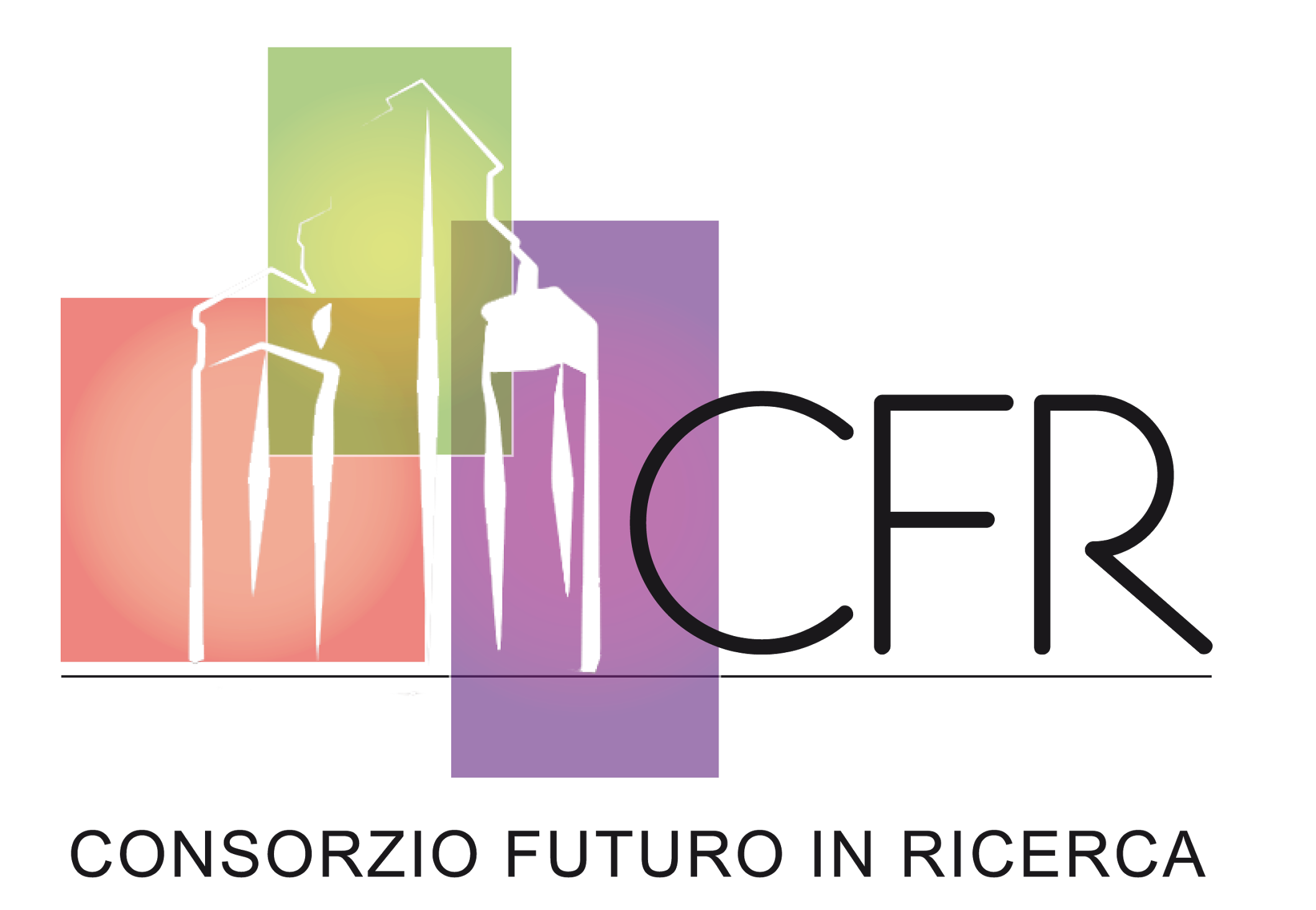Sustainability & Conservation toward a tangible future
SUSTAINABILITY & CONSERVATION TOWARD A TANGIBLE FUTURE
A Case of Ferrara’s Future Sustainability
A workshop experience in Ferrara, Italy May 17th – 31st
Historic urban areas of a city are valuable assets of a city. They not only generate great cultural interest, but also provide high density housing. Conservation and revitalization of such areas add to the richness and livability for the future of a city.
Sustaining and conserving urban architecture can no more be considered two separate issues. This approach is slowly spreading out the idea that sustainability must be qualitatively connected with the preservation of urban heritage. The two thoughts, seemingly distant from each other, are today more than ever complementary and the similarities are not so few. Both the issues (culturally, socially and technologically speaking) refer to a better future that should be offered to next generations.
This future has to deal with the available resources, a careful energy balance and the human environmental impact but should also interact with preservation of heritage (tangible and intangible) that is the basis of the continuity of a critical development for humankind (the theoretical principles of the reversible restoration are just one of the possible examples).
Preserving our cultural heritage and meeting the needs of present generations without limiting those of future generations actually define social behaviors culturally and technologically similar in terms of models and principles.
For instance the historic city centres are essential part of the cultural heritage. They need to be protected as they bring universal outstanding values and the majority of tangible and intangible heritage of each country. However, researchers and professionals concerned with the conservation of historic city centres frequently emphasize the need to accept change. This often sounds reasonable until the details of the proposed changes emerge.
Changes in the physical structure are inevitable and have been continuing from ancient times, but there is the need of control over these changes in order to reach a compromise between sustainability and restoration. For this reason sustainable architecture and heritage conservation needs to find a common field of operation where they could meet needs and criteria in order to create a better future for next generations. The workshop will be focused both on sustainable architecture issues and conservation approaches in order to highlight best practices and spread out European visions of renowned designers.
The course structure is made up of an interesting mix of lessons and design exercises.
Teachers and professionals linked at Ferrara University are going to be involved in the course to better assure a wider and deeper knowledge of each theme.
Students from the following Universities are going to be invited to take part:
- CEPT University, Ahmedabad, India
- Escola da Cidade, Sao Paulo, Brazil
- Pontificia Universidade Catolica do Parana – PUCPR, Curitiba, Brazil
- Universidade Presbiteriana Mackenzie, Sao Paulo, Brazil
- Univali – Universidade do Vale do Itajai, Balneario Camboriu, Brazil
- UNIGRAN – Centro Universitario da Grande Dourados, Dourados, Brazil
- Universidade Federal de Minas Gerais – UFMG, Belo Horizonte, Brazil
- Universita degli Studi di Ferrara, Italy
The official language of the workshop will be English.

